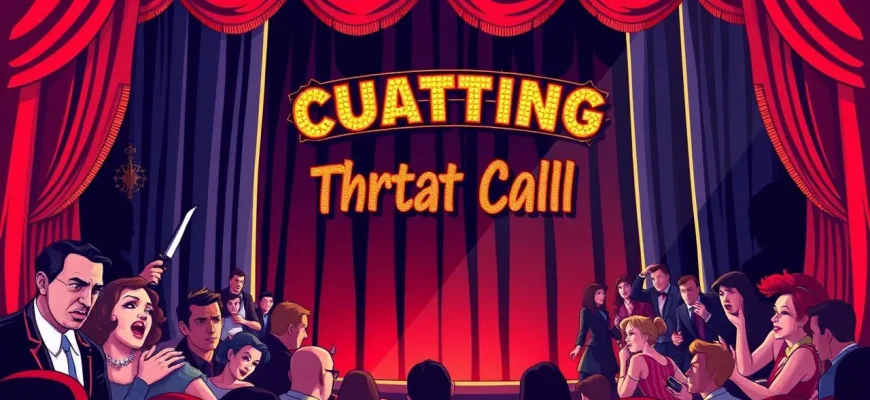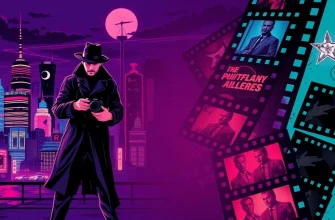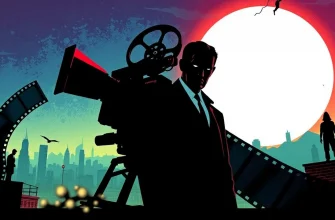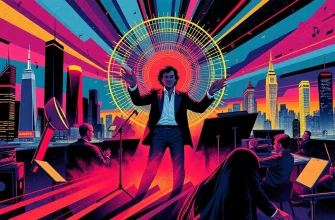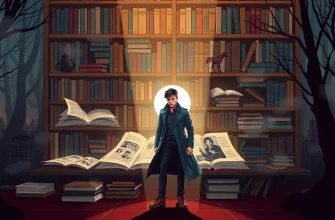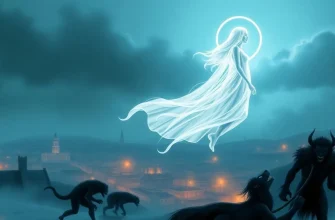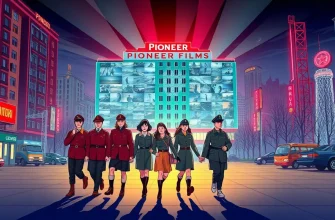Theatre has always been a place of magic and mystery, where the line between reality and performance blurs. This curated list of thriller films set in the theatrical world offers a unique blend of suspense, drama, and the eerie atmosphere of the stage. From psychological mind games to backstage murders, these films provide a thrilling exploration of the darker side of show business, making them a must-watch for both theatre enthusiasts and fans of suspenseful cinema.
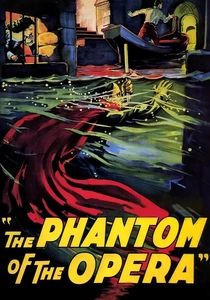
The Phantom of the Opera (1925)
Description: The original silent film adaptation of the classic tale, this version offers a different take on the Phantom's story, with its eerie setting and suspenseful plot making it a landmark in thriller cinema.
Fact: The film was one of the first to use Technicolor for a sequence, although only a few prints survive with this color segment.
 Watch Now
Watch Now
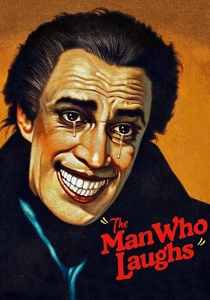
The Man Who Laughs (1928)
Description: This silent film, based on Victor Hugo's novel, features a disfigured man whose perpetual smile hides a tragic past. The film's theatrical setting and the character's backstory provide a chilling atmosphere.
Fact: The character's iconic smile inspired the creation of The Joker in DC Comics.
 Watch Now
Watch Now
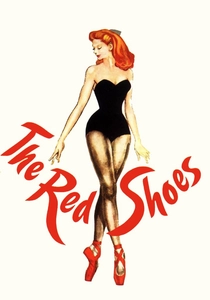
The Red Shoes (1948)
Description: This film tells the story of a ballerina torn between her career and her love life, leading to tragic consequences. While not a traditional thriller, the film's intense drama and the psychological toll of performance make it a fitting inclusion.
Fact: The film was inspired by the fairy tale of the same name by Hans Christian Andersen. It was also one of the first films to use Technicolor in Britain, enhancing its visual storytelling.
 Watch Now
Watch Now
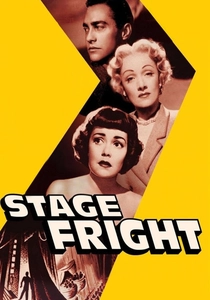
Stage Fright (1950)
Description: Alfred Hitchcock's classic thriller involves a drama student who gets entangled in a murder mystery when she helps her friend, accused of killing his lover, hide from the police. The film uses the theatre as a setting to explore themes of deception and performance.
Fact: Hitchcock was not satisfied with the film's ending and later called it a "disaster." It was also one of the few Hitchcock films to receive a lukewarm reception upon release.
 Watch Now
Watch Now
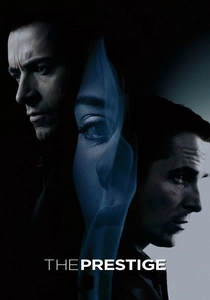
The Prestige (2006)
Description: While not exclusively set in a theatre, this film revolves around two rival magicians whose obsession with outdoing each other leads to a series of dark and thrilling events. The magic tricks and performances add a layer of suspense and mystery.
Fact: The film was inspired by real-life magicians and their rivalries. Christopher Nolan, the director, used actual magic tricks in the film, some of which were performed by the actors themselves.
 Watch Now
Watch Now
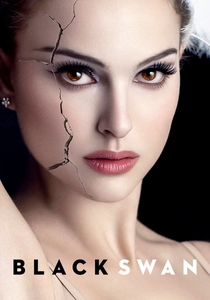
Black Swan (2010)
Description: This psychological thriller follows a ballerina who wins the lead in "Swan Lake" and loses her grip on reality as she becomes consumed by her role. The film explores the intense pressure of performance and the dark side of perfectionism.
Fact: Natalie Portman underwent rigorous ballet training for the role, losing weight and training for months to portray a professional dancer convincingly.
 Watch Now
Watch Now
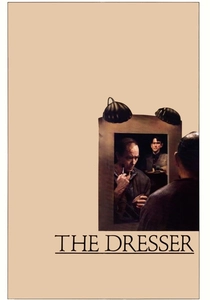
The Dresser (1983)
Description: Set during World War II, this film focuses on the relationship between an aging actor and his devoted dresser as they prepare for a performance of King Lear. The tension and emotional stakes behind the scenes create a thrilling narrative.
Fact: The film was adapted from Ronald Harwood's play of the same name, which was based on his own experiences as a dresser to Sir Donald Wolfit.
 Watch Now
Watch Now
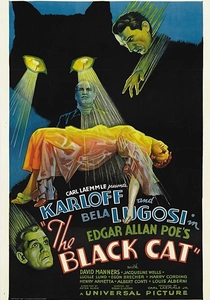
The Black Cat (1934)
Description: While not directly about theatre, this film features a dark, gothic atmosphere with a plot revolving around a satanic cult and revenge, set in a creepy mansion that could easily be mistaken for a theatre of horrors.
Fact: The film was one of the first to pair horror icons Bela Lugosi and Boris Karloff, making it a cult classic in the horror genre.
 30 Days Free
30 Days Free
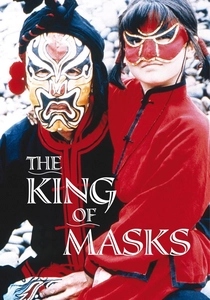
The King of Masks (1996)
Description: Although primarily a drama, this film includes elements of suspense as an old street performer searches for a male heir to pass on his art of face-changing. The film's setting in traditional Chinese opera provides a unique backdrop for its narrative twists.
Fact: The film won several awards at international film festivals, including the Golden Rooster Award for Best Actor.
 30 Days Free
30 Days Free
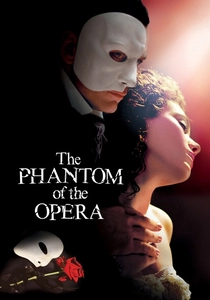
The Phantom of the Opera (2004)
Description: This adaptation of Gaston Leroux's novel brings the haunting tale of a disfigured musical genius who falls in love with a young soprano, Christine, to the screen. The film's setting in the Paris Opera House provides a perfect backdrop for the thriller elements of obsession and hidden identities.
Fact: The film was shot at Pinewood Studios, where a full-scale replica of the Paris Opera House was constructed. Andrew Lloyd Webber, who composed the music for the original stage musical, also composed the score for the film.
 30 Days Free
30 Days Free

